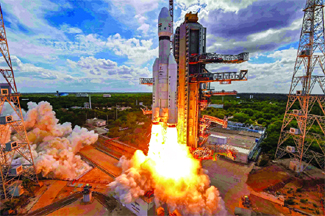OpenAI has publicly released its new Artificial Intelligence video generator Sora but the company won’t let most users depict people as it monitors for patterns of misuse.
Users of a premium version of OpenAI’s flagship product ChatGPT can now use Sora to instantly create AI-generated videos based on written commands. Among the highlighted examples are high-quality video clips of sumo-wrestling bears and a cat sipping coffee.
But only a small set of invited testers can use Sora to make videos of humans as OpenAI works to “address concerns around misappropriation of likeness and deepfakes,” the company said in a blog post.
Text-to-video AI tools like Sora have been pitched as a way to save costs in making new entertainment and marketing videos but have also raised concerns about the ease with which they could impersonate real people in politics and otherwise.
OpenAI says it is blocking content with nudity and that a top priority is preventing the most harmful uses, including child sexual abuse material and sexual deepfakes.
The makers said they were encountering high demands and had suspended account creation for some time. “We’re currently experiencing heavy traffic and have temporarily disabled Sora account creation,” according to its webpage.
OpenAI first unveiled Sora earlier this year but said it wanted to first engage with artists, policymakers and others before releasing the new tool to the public.
The company, which has been sued by some authors and The New York Times over its use of copyrighted works of writing to train ChatGPT, hasn’t disclosed what imagery and video sources were used to train Sora.
Source: AP
© The Indian Panorama




Be the first to comment